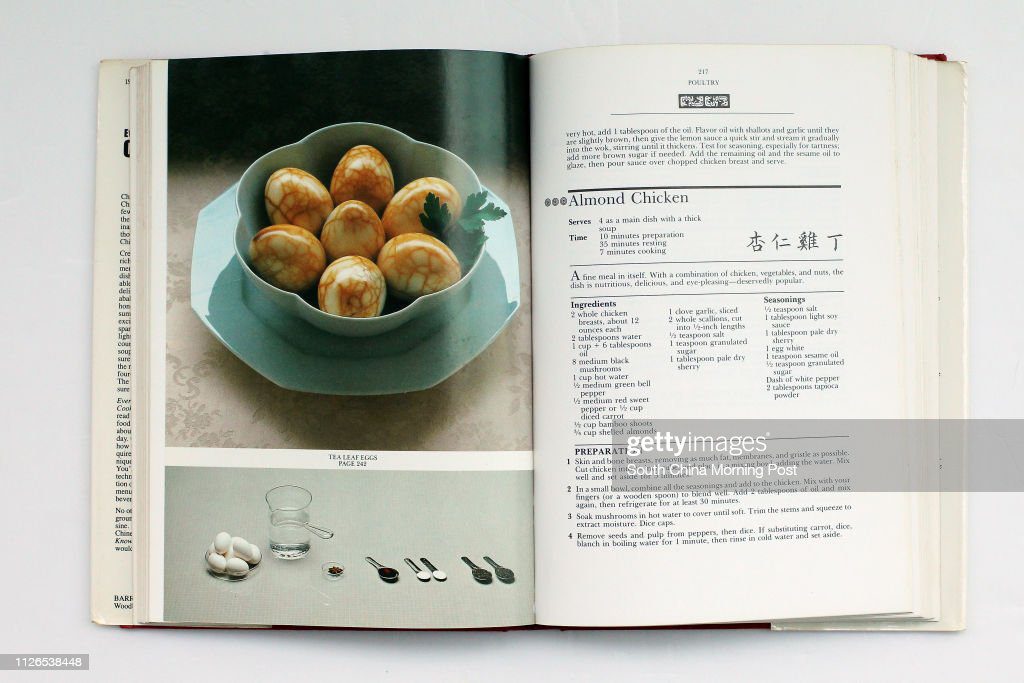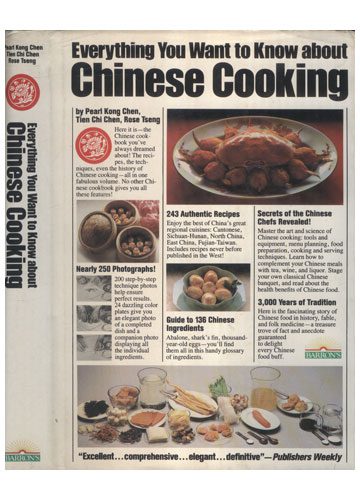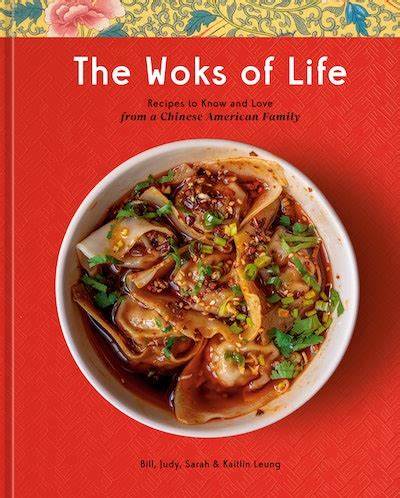I once heard someone (and I think it was my brilliant mathematician sister) say that if you can read, you can teach yourself to do anything. Generally, I believe that to be true but there are exceptions. For example, you can read a hundred books about the techniques of painting but you can not necessarily teach yourself through reading how to be a great artist. And you can read a million cookbooks but if you do not possess passion and perserverance you may never become a great chef. I know I’m not a great chef and I’ll never be. I’m a home cook who relies on other chefs and cooks who write recipes to teach me how to make something delicious. Which is why recipes and recipe writers are so important to cooks like me.
Recipes are individual essays or stories about how someone else made something and how you can do it too. A good recipe has a comprehensive list of ingredients and perhaps a message about where to source those ingredients.
A recipe is also a story with a plot – first you do this, then you do that! Like any good novel, the suspense is built in. If you do all of these things, in the order directed, what will happen? Your souffle will rise. Your Bearnaise sauce will emulsify. Your potatoes will puff. And your duck skin will crisp!
A great recipe tells a story. Where did this recipe originate and why? What is the cultural significance of this dish. Is it traditionally served at a Chinese New Year Banquet? Was it a happy accident in the kitchen of a French palace when the chef fried a batch of potatoes and the King showed up to dinner late so the chef fried them again and found out they were better that way?
Most importantly, a good recipe is a love letter, a gift, a message from one cook to another that says I’m going to tell you how to make something for someone you love. With Valentine’s Day approaching, isn’t that what cooking is all about?








